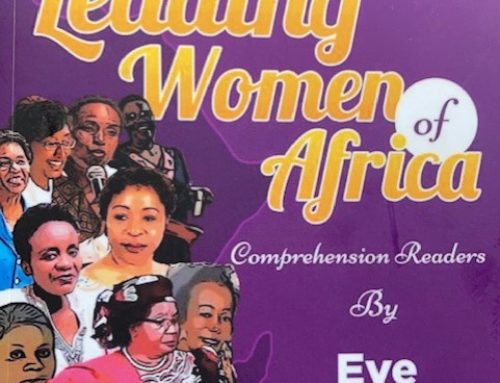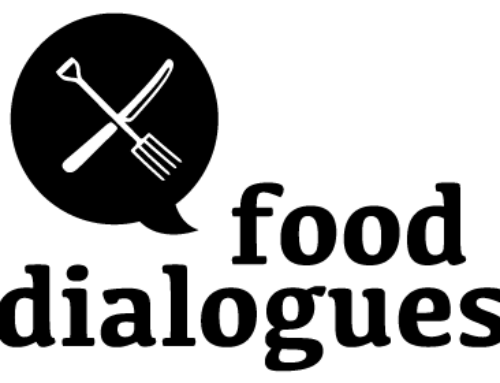i recently read ‘Thoughts on the New South Africa’ by Neville Alexander which my friend Ashley Visagie lent to me. Now for anyone who doesn’t know Ashley Visagie, if the term ‘thought leader’ applies to anyone in South Africa with regards to education and poverty and identity and so much more, it would have to be him. So when he gives you a book, you read it.
i’m not sure if i would have read this book if Ashley hadn’t recommended it, which is not to say anything about the book, but more that i did not know who Neville Alexander was and so probably would have not come across it. Having tried in the last three years to catch up on a more holistic South African history, the majority of books i have been reading have been by black men [with a few notable exceptions such as Eusebius Mckaiser and Trevor Noah] and so it was nice to get a different perspective although i clearly need to start finding some more women to read.
Neville Alexander died in 2012 and this book, essentially a collection of essays, was put together for publication shortly before his death and is to a large extent a look back from the context of 2012 over the previous 18 years of democracy sharing some of his thoughts and some of the history from his perspective. With a large focus on education and identity this really was a fascinating read, well worth getting your hands on and i just wanted to share two passages that stood out for me:
The Elephant in the Room
i found Neville to be quite hopeful in terms of the South Africa he envisioned, which is an encouraging stance given how much negativity there is both in and around South Africa – and given that Cape Town was this week just declared murder capital of the world again, there certainly is some backing for that – but to be able to see past the situation as it is now to the situation we dream and hope and work towards it being, is a gift and this passage shares some of that mentality. He does this by challenging capitalism as ‘a system that works for everyone’:
‘Let’s face it, if the capitalist system has produced anything like ubuntu in some European countries, in Japan and in a few other places in the world, that is largely because of the super-dividends that have accrued from colonialism, slavery and centuries of exploitation of the labouring poor of Europe and of other places. By these means, capitalism in those countries created a very strong middle class and an upper working class that together often constitute the majority of the national population. I will not, in this context, discuss the relatively recent phenomenon of migrants in these same countries.
These conditions will never be reproduced anywhere else in the world without Planet Earth imploding; it is a well-known fact that if all the people on Earth were to live at the average standard enjoyed by the people of the USA today, we would have to ‘discover’ or invent two or three more planets such as this one to generate the natural resources required.
So, this vision of individual enrichment for all South Africans is a fraudulent one. Those who kill, steal, commit fraud, want to be like ‘the Americans’, are either living or chasing after a lie. In the process, they have lost us the moral high ground, even the bit of it that we seemed to occupy for a few brief moments after Madiba’s release from prison.
How are we to recover this high ground? Can we do so?
I would not be writing these notes if I did not believe this to be possible. The worst thing we can do is to run away from the problem, either into ourselves by denying its existence, or to the UK, New Zealand, Australia, Canada or other English-speaking parts of the Old Colonial Empire, where the aboriginal inhabitants were all but exterminated through ‘the expansion of Europe’. No! We must face it head on. We must go to the people, tell them why they are poor. We must point out to them that it is simply untrue when our Minister of Finance tells us annually in all 11 official languages in his budget speech that ‘the economic fundamenatals are sound’.
Once they understand the basic truth about the economic fundamentals, especially about the Gini coefficient, we can together rebuild our communities and our neighbourhoods, since they will come to recognise the simple truth that uhuru without ubuntu is a mirage intended to blind the poor to the stark reality of the yawning gap between themselves and the rich, including the BEEs and the wannabees.
We have to mobilise our people on the basis of the cooperative values of ubuntu, defined as sharing and caring based on the principle of sufficiency, among others. Our youth have to learn that excellence is completely compatible with the old saying that ‘enough is as good as a feast’. To excel in any domain simply means that you have more than most others to share with them in that domain, just as they may have more in other domains. To excel does not have to imply that you appropriate everything to the exclusion of others, in some kind of ‘beggar my neighbour’ spirit.
We have to go and live among the poor and undertake the essential literacy and micro-economic projects that will rekindle the flame of hope, and compel government to reconsider its priorities, to abandon its GEAR strategy even if this means a drying up of foreign direct investment of ‘Western’ provenance and put a stop to the ‘hit-and-run’ investment that turns the rand into a yo=yo and makes a mockery of ‘our’ national sovereignty. We will find other sympathetic but sovereign partners in Africa, Asia, and Latin America. And, especially in the short term, we must hold government accountable in terms of the Constitution of the country and insist on delivery in respect of the political, social, economic and cultural rights that are enshrined in it.
The world is changing rapidly, and we should not get stuck in the time warp of real capitalism as though there is no alternative. Another world is possible, indeed probable. The barbarism of real capitalism as we know it on the continent of Africa is not the only way.’
Let us leave it there for now, because those words are too good to rush away from. The idea of a new monetary and lifestyle system is one that most of us cannot comprehend because capitalism was with us since birth. But there was not always capitalism and so there doesn’t always need to be. And if the increasing disparity between rich and poor continues to grow, hopefully it will spark the creativity of those who can dream for us all a better way of doing things.
Something that takes into account that the world has enough for everyone’s need, but not for everyone’s greed…
Get your hands on ‘Thoughts on the New South Africa’ by Neville Alexander, it is a refreshing and challenging read…






[…] in my first post on his book, ‘Thoughts on the New South Africa’ which you can read over here. This is a second passage which stood out for […]